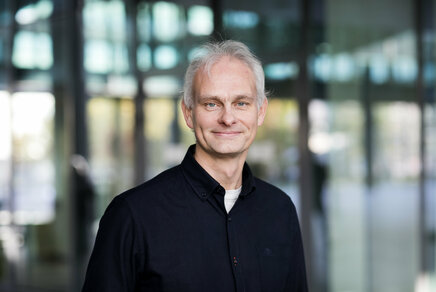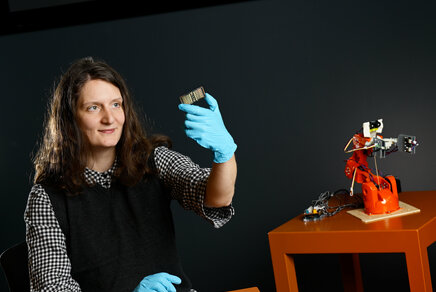The Netherlands must be a pioneer on the road to a climate-neutral world
On the eve of the climate summit in Glasgow, climate and sustainability experts of TU Eindhoven call for a leading position of the Netherlands.
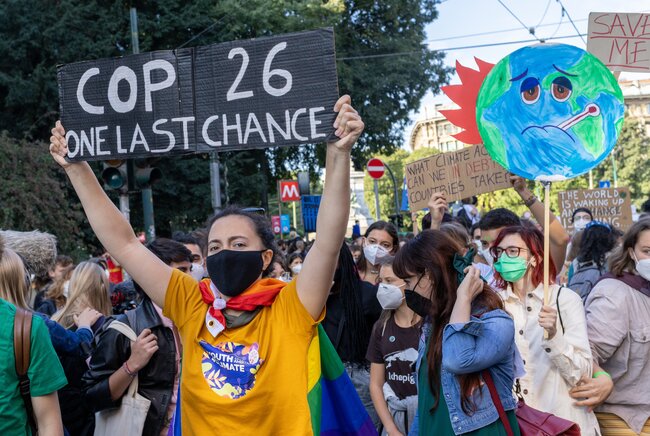
The Netherlands as a pioneer of the sustainability transition? However improbable that may seem now, it is certainly a realistic option. That is what four researchers from TU Eindhoven say on the eve of the climate summit in Glasgow. During a special symposium on 16 November, they will discuss the outcomes of the climate summit and what they mean for the Netherlands and the Brainport region. In this article, they look ahead to the so-called COP26. About why the Netherlands should be CO2 neutral by 2040.
Pioneer and frontrunner. In the fight against climate change, these roles suit the Netherlands perfectly, says Heleen de Coninck on the eve of COP26, the United Nations climate summit in Glasgow. De Coninck is not only professor of Climate Policy at TU/e, but also co-author of various influential IPCC climate reports, which serve as the scientific basis in Glasgow.
According to her, it makes perfect sense for the Netherlands to take the lead, as our country is one of the richest countries in the world, with a lot of technical knowledge, strong institutions and an educated population.
"Moreover, the Netherlands has relatively high per capita greenhouse gas emissions and a certain vulnerability to climate change. We should really lead by example, not only in emission reduction and fair system transitions within our own borders, but also by generously supporting poor countries with funding for mitigation and adaptation."
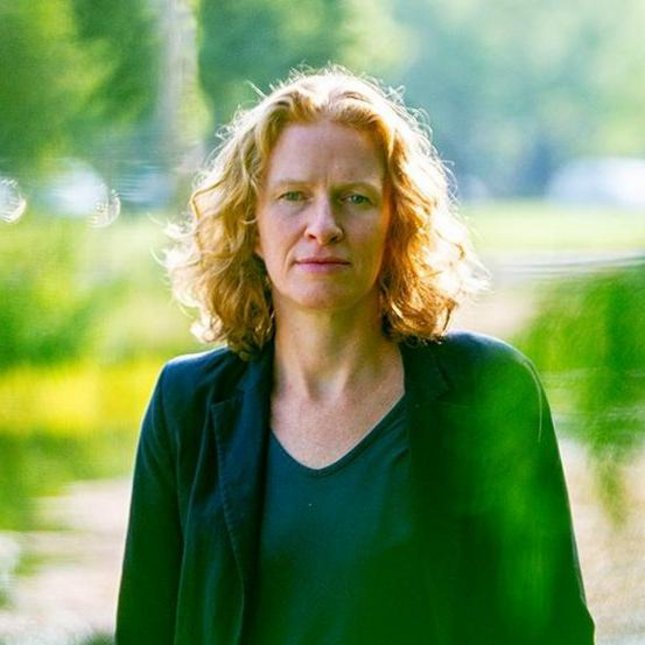
According to the climate expert, it should be a central question at the climate summit (from 31 October to 12 November): are the costs and benefits of climate change fairly distributed? De Coninck: "The financing by rich countries of mitigation and adaptation in poorer countries is therefore an issue. On the one hand, it is a kind of compensation for past injustices. After all, rich countries have been emitting high levels of greenhouse gases for much longer and are therefore causing the climate problems that are already occurring."
GOOD EXAMPLE
On the other hand, from the perspective of rich countries, financing is also a means to encourage poor countries to take action on the climate, says the IPCC author. They could, for example, decide to deforest less, or set up sustainable transport systems in expanding cities or engage in renewable energy instead of building coal-fired power plants. "That is also in the interest of the rich countries."
Rich countries including the Netherlands would set a good example if they were to become CO2-neutral as early as 2040, i.e. ten years earlier than the goal in the European Green Deal, De Coninck clarifies. Then the world can stay under the critical limit of one and a half degrees of warming. "Because hopefully China will then also go ten years earlier. And India, which is poorer than China, may want to do so in 2060. All in all, we may then arrive at a scenario in which one and a half degrees is still feasible."
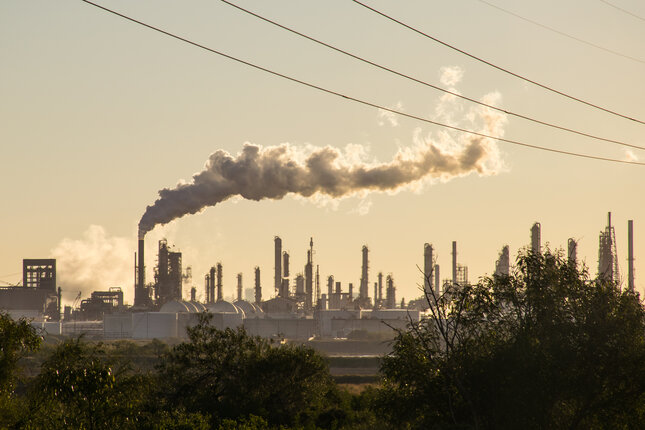
KEY ROLE
Other scientists at TU Eindhoven support De Coninck's story. They, too, see a key role for the Netherlands. "Although it is still an interesting puzzle to determine the sectors and technologies we should focus on, also in light of international competition," says Floor Alkemade, professor of Economics and Policy of Technological Innovation.
The frontrunner position is feasible, explains Auke Hoekstra, researcher in electric mobility at TU/e. "We do a lot of research on electric cars, solar cells and energy grids, and I strongly feel that policy makers and the average citizen underestimate what is possible."
"The models from our NEON research programme show, for example, that if we opt for one hundred per cent sun and wind, and we cleverly manage the surpluses and shortages on our electricity grid, we will at some point be financially better off than with our current fossil grid. There are opportunities, although we will have to see which ones we take advantage of in the Netherlands."
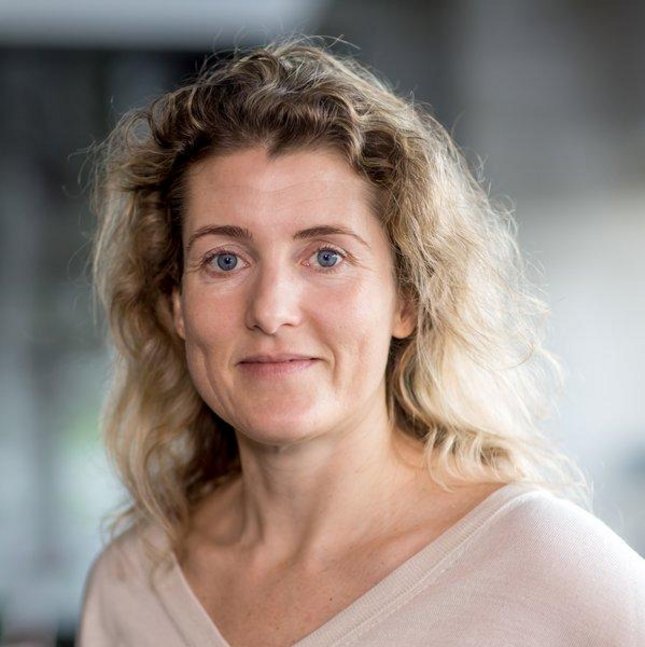
RIGHT CONDITIONS
To seize opportunities, we as a country must create the right conditions, argues Anna Wieczorek, associate professor at the Department of Industrial Engineering & Innovation Sciences. Think of setting the right rules that promote sustainable innovation or removing administrative obstacles so that the transition is easier for citizens to make. Wieczorek: "In the Netherlands, we need to initiate a discussion on how we want to organise our future energy system and what role citizens should play in it. This discussion must be held with the citizens."
The four of them agree that TU/e itself also has an important role to play in this process. Alkemade: "Our university possesses a great deal of knowledge about key technologies in the field of energy and mobility, but also about the challenges of integrating these technologies into society on a large scale."
IMPORTANT UMBRELLA
Hoekstra points out that sustainability is an important umbrella that connects many research areas. Hoekstra: "At TU Eindhoven, we do research into many different pieces of the sustainability puzzle that are all interconnected, such as batteries, power grids, energy and electric cars."
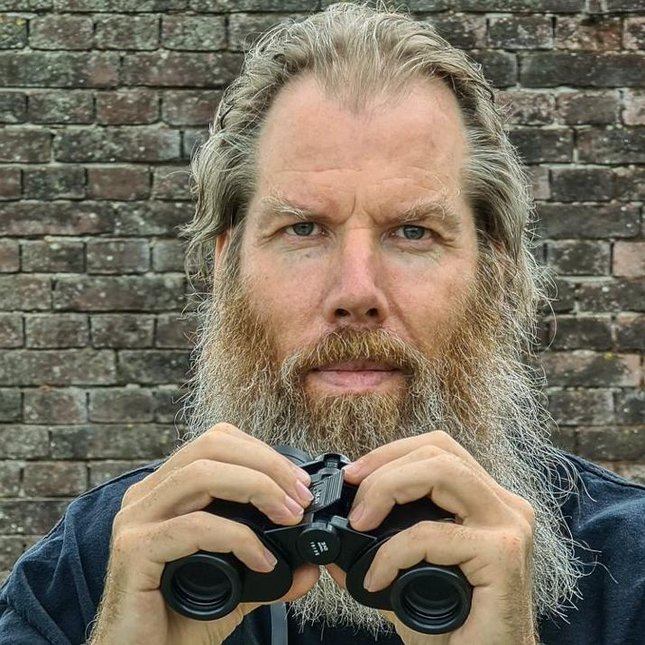
"Our strength is that we can bring these pieces together, in an ecosystem with enterprising high-tech companies that can actually implement research and ideas. So we too have a kind of moral obligation to lead the way and contribute to the development of a climate-neutral Netherlands."
The transition to a sustainable world is a process in which each of us has a role to play, Wieczorek emphasises. She was recently appointed the first Sustainability Ambassador of the TU/e. In this capacity, she will help the university realise its ambitions in the area of sustainability. Wieczorek: "I coordinate all activities that can lead to better integration of sustainability in our research, education, business operations and governance. After all, universities can play a crucial role as change agents by providing education and conducting relevant research."
Accelerate goals
It is for a reason that the four experts stress the importance of the Netherlands and TU Eindhoven taking a leading role in the sustainability transition. After all, time to make the necessary transition is quickly running out. That is also why COP26 is being seized as the moment to accelerate sustainability ideals and goals.
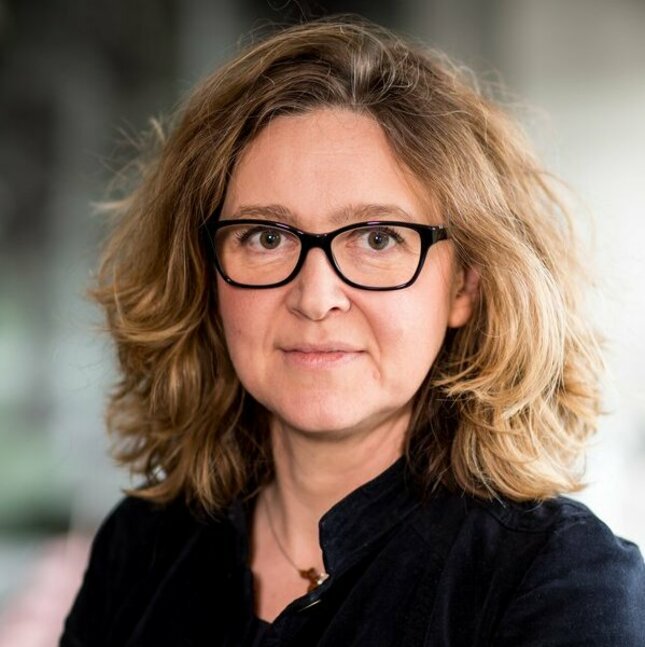
De Coninck: "According to the latest IPCC report, which was published in August, the earth has now warmed up by 1.1 degrees. It is a fact that this warming is caused by greenhouse gas emissions from human activities. It is very important that we stay below the 1.5 degree warming set out in the Paris climate agreement, as this will avoid effects such as the complete extinction of coral reefs, the likelihood of greater sea level rises and extreme weather."
"According to the IPCC report from August, it shows that we are more likely to go above this critical limit than to stay below it, even with ambitious emission reduction plans. So the national plans for each country must be more ambitious, only then can we succeed."
SYMPOSIUM: What does the UN climate conference mean for you (in English)?
How to proceed after the Glasgow climate summit? The four researchers will provide answers on 16 November. They will look back at COP26 and discuss the outcomes of the climate summit and what they mean for the Netherlands and the Brainport region.
Interested to attend the evening and ask questions? You can register via the following link.
More about climate? Then listen to this Sound of Science podcast in which presenter Lieven Scheire talks to Heleen de Coninck and PhD student Clara Rabelo Caiafa Pereira about their research, the gap between North and South, their expectations for the climate summit in Glasgow and much more (in Dutch).
Mediacontact
More on Sustainability
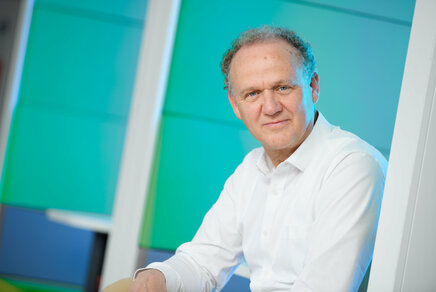
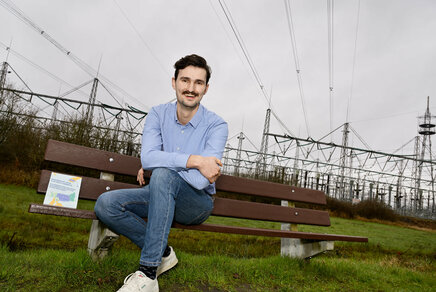
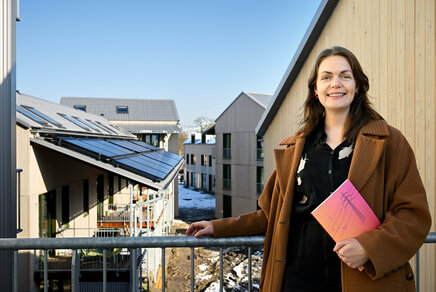
Latest news

